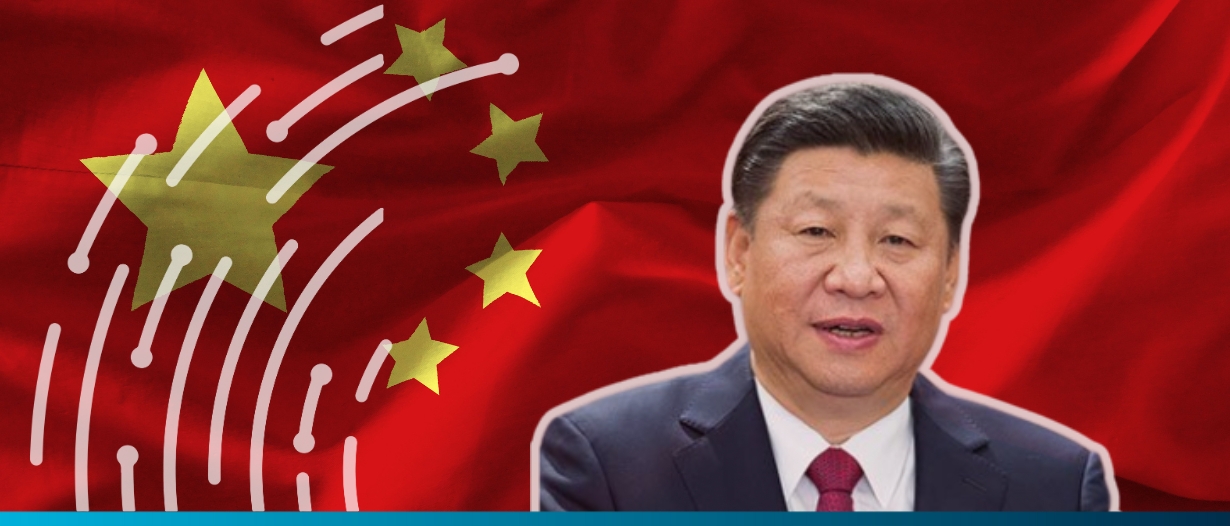Estimated reading time: 3 minutes
Chinese ministers, policymakers, and leaders including Premier Xi Jinping have been meeting a range of high-profile executives and foreign leaders during the past week to discuss international collaboration and supply chain resilience.
This comes in anticipation of a flurry of tariffs expected to be released by the US on 2 April. As both companies and countries scramble to plan a response to the tariffs, China may be looking for a way to increase its own resilience and take up some of the US’s declining dominance in global trade.
The French and Chinese foreign ministers met in Beijing yesterday to discuss deepening cooperation between the two countries, with Chinese foreign minister Wang Yi vowing to “uphold multilateralism [and] oppose unilateralism” in clear opposition to Trump. The officials agreed to strengthen economic relations between France and China by encouraging Chinese investment in France and working together on a range of industries, from agriculture to artificial intelligence.
This move is especially significant as the EU and China have been involved in a trade spat since October, when the bloc imposed high tariffs on China’s auto industry and China retaliated by taxing European brandy imports, hitting the French cognac industry hard. That the two countries are vowing to increase cooperation and find a solution to the reciprocal tariffs is a significant step, which may in part be in an effort to present a united front to upcoming US-imposed sanctions.
On the industry side, Xi met with over 40 CEOs and executives from companies around the world including FedEx, AstraZeneca, and Standard Chartered to discuss supply chain resilience and stability. The meeting is ostensibly just a second iteration of an event held at the same time last year with US executives and occurred just a few days after the China Development Forum, China’s most important business summit. However, the backdrop of US sanctions clearly influenced the discussions, which reportedly centred around increasing resilience and cooperation.
While some governments are scrambling to hold last-minute negotiations to decrease the impact of tariffs, many others are looking for alternative trade partners to diversify their export markets and increase resilience. At the same time, companies – especially those with complex supply chains which may experience an exponential effect from tariffs – will be searching for ways to protect their supply chains and be less reliant on US markets.
China, which has been grappling with slowing growth and weakening domestic demand, could be hard-hit by the sanctions too – especially with its $800 billion car and EV industry facing high tariffs. China may be looking to place itself as a viable alternative to the US when it comes to restructuring supply chains, courting Western and emerging economies alike.
























